For individuals suffering from chronic back and neck pain, spine surgery can represent a path toward relief. While surgeons lead the procedure, a highly skilled team works in unison to ensure patient safety. Central to this team are nurses, both in the operating room and medical floors, all experts who play a critical role during surgery through to post-operative care. Their sharp eyes, quick thinking, and extensive knowledge are vital for managing the many complications and bad outcomes that can arise during and after spine surgery.
We have had the honor of treating many nurses at Deuk Spine Institute. Over the years they have shared stories of what they’ve encountered when caring for spinal surgery patients, and how it shaped their decisions when they needed spine surgery. This article documents what they’ve seen and treated that ultimately led them to choose our minimally invasive laser spine surgery to eliminate their back pain.
Bad Outcomes: A Surgical + Post-Operative List
Spine surgery is a precise and delicate process, requiring exacting precision by the surgeon. Unfortunately, even with the most advanced techniques and technologies, surgical errors happen, with complications requiring immediate and expert attention; many have long-term consequences to the patient. Let’s take a look at what they must anticipate and manage when caring and treating spinal fusion patients.
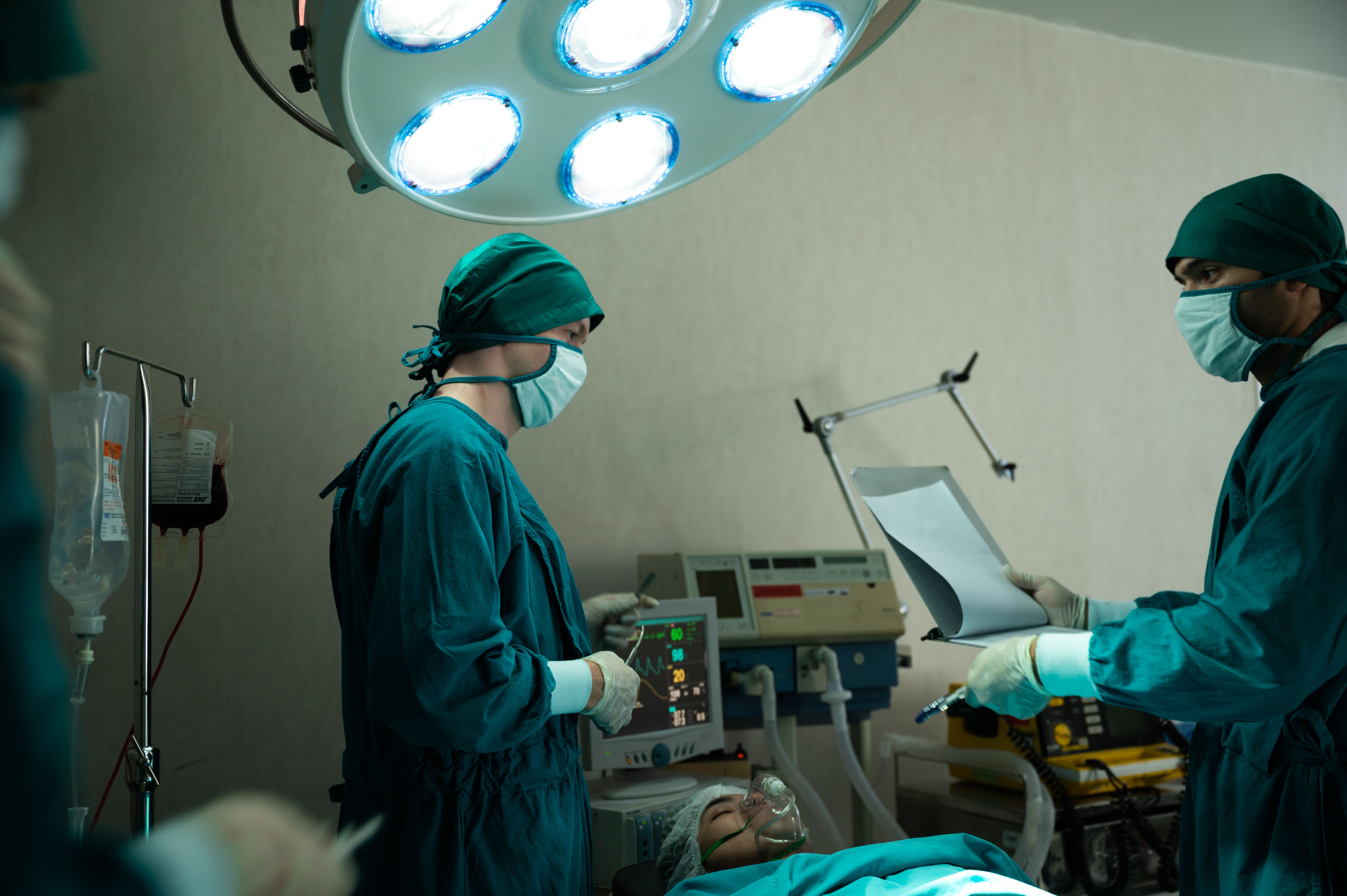
1. Dural Tears
The dura mater is the protective membrane that encases the spinal cord and the nerves within it. A dural tear is a small rip in this lining, which can lead to a leak of cerebrospinal fluid (CSF), causing spinal infection, nausea, and headaches. Unintended dural tears are common during lumbar fusion surgery, with up to 8% of patients experiencing a tear or nick of the dura when the surgeon was accessing the spine or placing hardware. These tears can add months to recovery times.
2. Nerve Damage
The spine is surrounded by a complex network of blood vessels and nerves. An accidental nick of a major blood vessel can lead to significant blood loss, while contact with a nerve can result in neurological damage. Studies show that minimally invasive spine surgery carries a higher risk of nerve damage, up to 23.5% for XLIF, resulting in CSF leaks and causing CSF fistulas and nerve root damage.
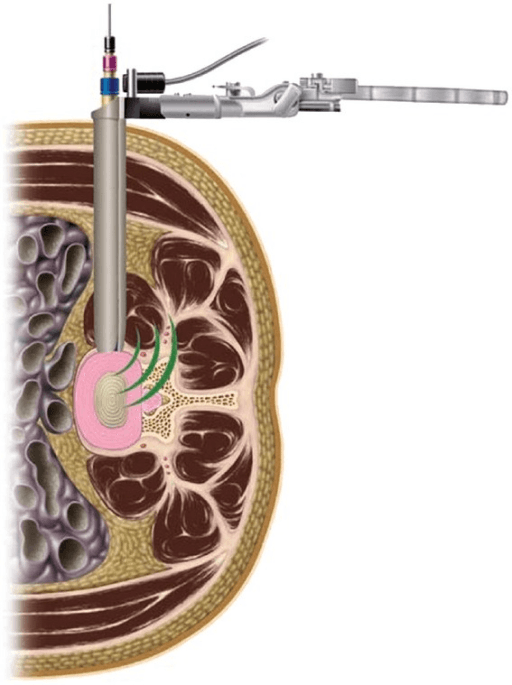
3. Improper Hardware Placement
Fusion surgeries involve the use of implants like screws, rods, or cages to stabilize the spine. The correct placement of this hardware is essential for a successful outcome. Improper placement can lead to nerve damage, instability, or the need for revision surgery. The most common to happen is improper screw positioning which occurs in up to 40% of cases.
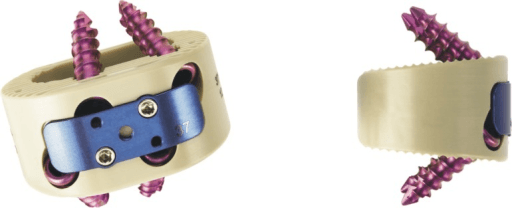
4. Destabilization of the Spine
Destabilization of the spine occurs due to increased stress on the unfused bone segments which results in:
Failed Fusion (Pseudarthrosis): This is a significant cause of pain. It occurs when the bones don't fuse completely, and motion persists — causing ongoing discomfort and instability. This happens in up to 5-20% of cases, especially if the patient smokes, there’s poor bone quality (e.g., osteoporosis), or if the hardware loosens or breaks.
Adjacent Segment Disease (ASD): When vertebrae are fused, the segments above and below the fusion have to compensate for the lost mobility. This can put increased stress on these adjacent segments, leading to accelerated wear and tear and new pain. Fusing one level of the spine can put extra stress on the discs and joints above and below, leading to new pain and prolonged degenerative disc disease.
Spinal stenosis: (narrowing of the spinal canal) puts increased pressure on the spinal cord or nerves causing continual pain.
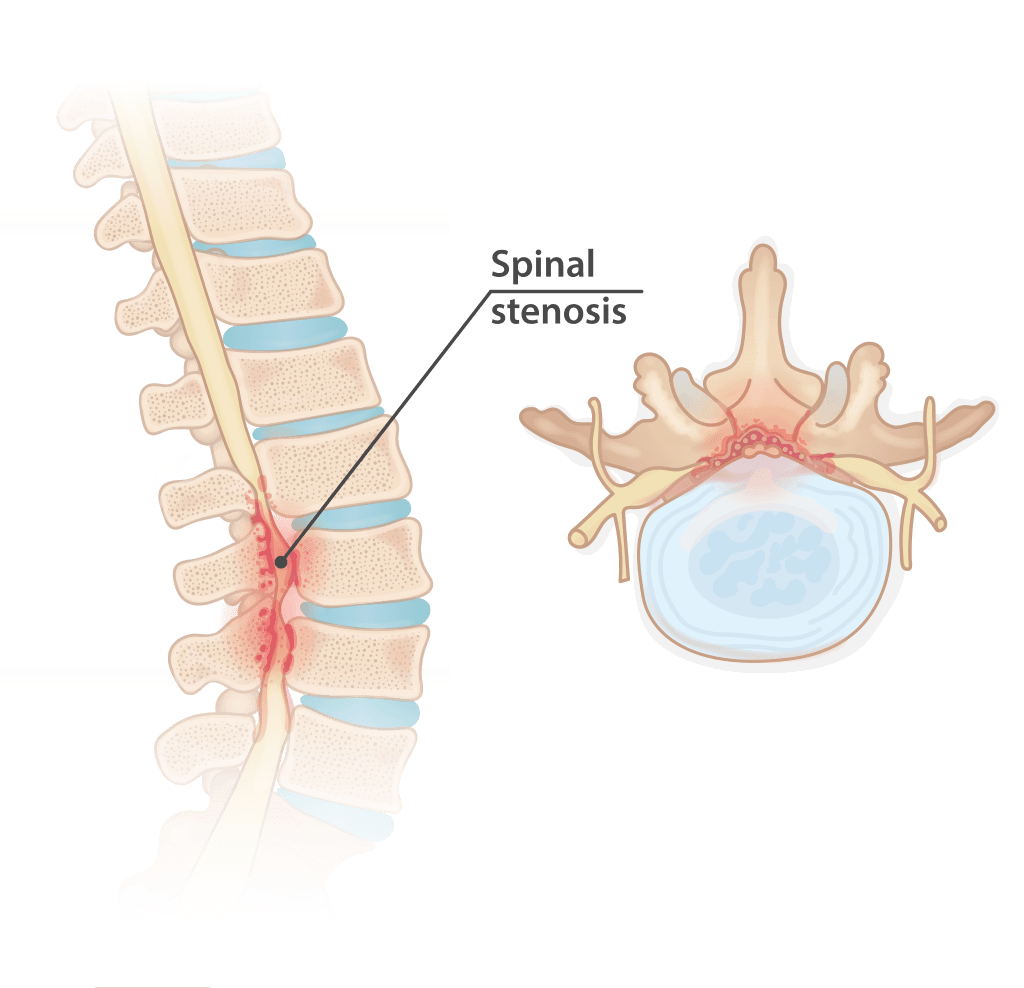
5. Risks Associated with Anesthesia
Anesthesia is a critical to a successful surgery and when not properly controlled can lead to a number of situations the endanger the life of the patient including IV catheter complications, slowed breathing which results in aspiration and pneumonia, and other indicators of distress.
6. Infections and Positioning Injuries
The risk of a surgical site infection is a serious concern and can cause pain, swelling, warmth, and a fever. Infections can occur due to a longer surgical duration, the use of hardware, or more extensive or complex procedures. The incidence of surgical site infections (SSIs) after spine surgery varies, with reported rates ranging as high as 18.8%, depending on the complexity of the procedure and patient risk factors.
Positioning injuries occur from being in one position for long stretches of time. These include decubitus ulcers (otherwise knows as bedsores); additionally immobility can exacerbate pneumonia symptoms.
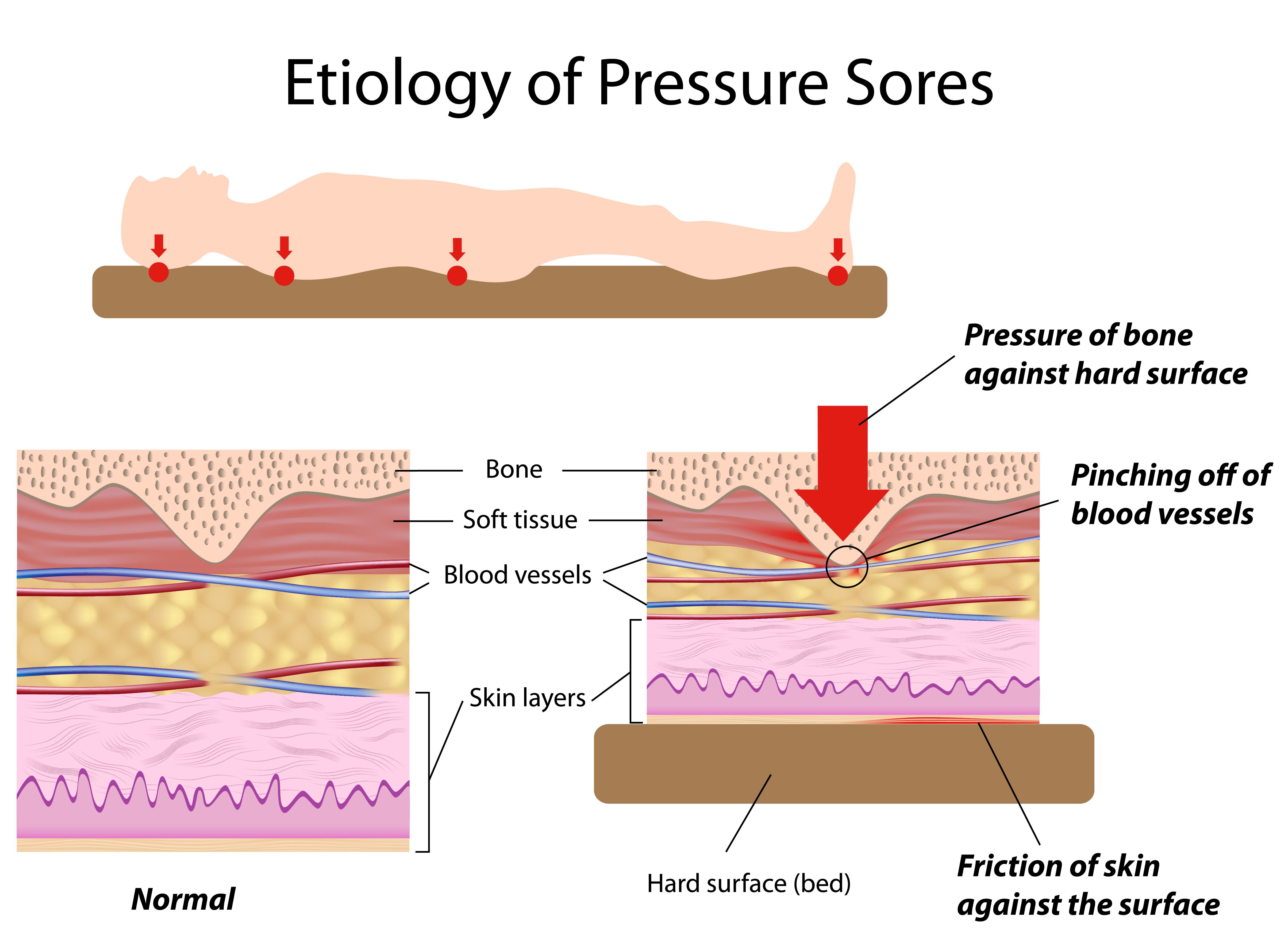
7. Narcotics + Painkillers
Patients are put on heavy dose of narcotics to manage post-op pain; the results of this are slowed breathing, addictions, frozen bowels and more. Nurses must monitor patients closely and be alert to changes that will endanger patient lives.
8. Heart Attack
The risk of a heart attack during or after spinal fusion surgery is a serious but relatively rare complication. Studies have shown that the incidence of cardiac complications after spine surgery is low, but the consequences, including mortality, can be significant for those who experience them. While the event itself is rare, the 30-day mortality rate for patients who do have a cardiac event after lumbar fusion can be alarmingly high, with one study reporting a rate of 24.6%.
The Deuk Spine Institute Approach: Minimizing Risk
At the Deuk Spine Institute, we have pioneered techniques that inherently reduce the risks that nurses so expertly manage. They know all too well the dangers of fusion surgery; that is why they have turned to our Deuk Laser Disc Repair®, a minimally invasive procedure that avoids the complications associated with traditional fusions. By entering the disc through a tiny, 4-millimeter incision, we do not implant hardware, eliminating the risk of improper placement. This endoscopic approach also avoids cutting through major tissues and bone, dramatically reducing blood loss and the chance of dural tears or infections.
We have helped hundreds of nurses eliminate their back and neck pain with our innovative approach, so they can return to work quickly - many times within a week - and regain their life.
If you are considering spine surgery, it is essential to choose a facility that values and empowers every member of its surgical and nursing team. At Deuk Spine Institute, our collaborative approach ensures that experts at every level are working together for your health. We recognize the profound contribution of our nursing staff, whose skill is a cornerstone of our guaranteed success.

Free MRI Consultation

Are you ready to find a real, lasting solution for your back or neck pain? Submit your MRI for a free review with our team and discover a personalized path to a pain-free life.
